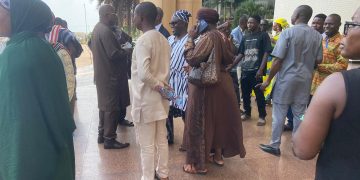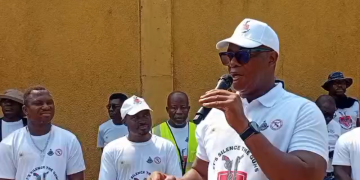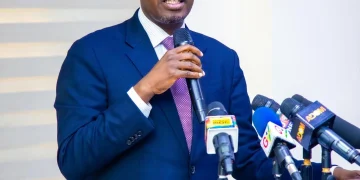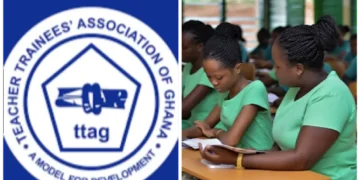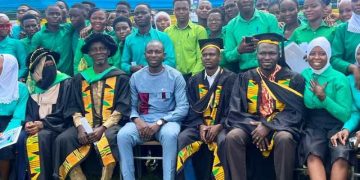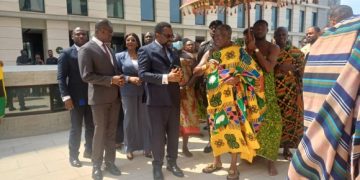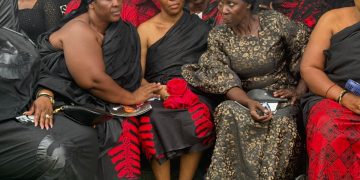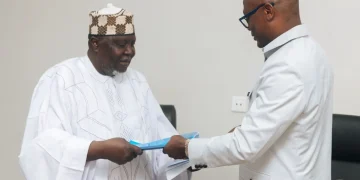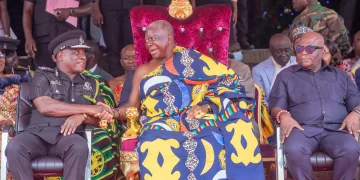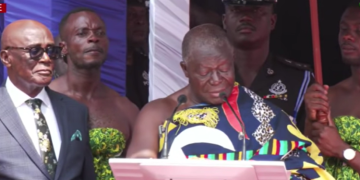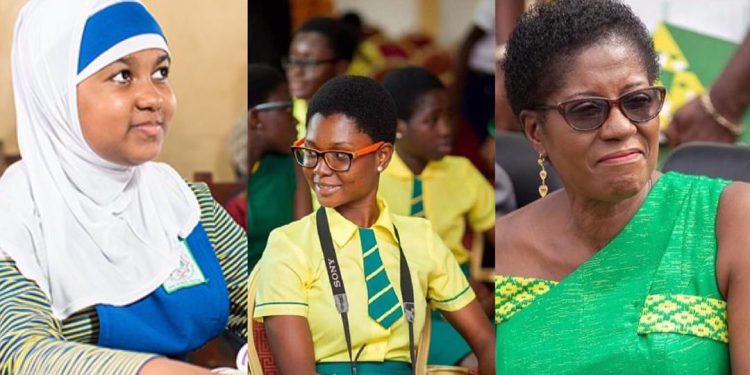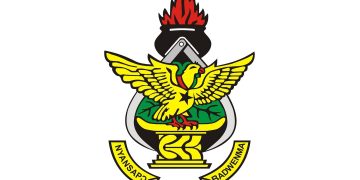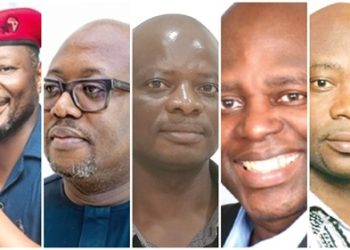Civil society organisation Democracy Hub has filed an application at the Supreme Court seeking permission to participate as amicus curiae in the suit involving Wesley Girls’ Senior High School, the Ghana Education Service (GES), and the Attorney-General.
The case, Shafic Osman v. Board of Governors of Wesley Girls’ SHS & Others (J1/6/2025), concerns questions about religious freedom, equality and the authority of mission-founded yet publicly funded schools.
In an affidavit sworn by Paulina Quartey, a Practice Development Officer at Merton & Everett LLP, Democracy Hub said it seeks to assist the Court by providing comparative constitutional analysis on issues relating to students’ rights in public-funded educational institutions.
No Interest in Either Party
The organisation stressed that it does not support any party in the litigation, nor does it have a personal stake in the outcome. Instead, it aims to offer research-based insights from jurisdictions such as the United States, Canada, the United Kingdom and South Africa, where courts have dealt extensively with tensions between institutional religious identity and individual rights.
Quartey noted that Democracy Hub is a public interest organisation focused on civil liberties and democratic governance, and that it has previously appeared in constitutional cases to help clarify rights-based jurisprudence.
Key Questions Before the Court
According to its proposed written submission—filed as an exhibit—the group intends to address questions including:
- Whether students’ constitutional rights in publicly funded mission schools may be limited by institutional religious rules.
- Whether schools that receive state funding must adhere to constitutional obligations of neutrality and non-discrimination.
- Whether religious autonomy of institutions can override students’ personal freedoms and equality rights.
- How comparative constitutional systems balance institutional mission with students’ rights.
Public Funding and Constitutional Duties
Democracy Hub argues that once the State assumes responsibility for staffing, curriculum, funding, and regulatory oversight of mission schools, those schools acquire constitutional duties similar to other public institutions. It submits that the State cannot finance institutions that enforce practices which potentially infringe students’ rights.
The group intends to rely on doctrines such as “unconstitutional conditions” and “state action” to argue that public funding triggers heightened obligations of neutrality.
Proposed Analytical Test
The amicus brief proposes a five-step test for evaluating the constitutionality of school policies that affect students’ religious rights, including identifying the rights at stake, determining whether limitations are justified, and assessing whether less restrictive means are available.
Seeking to Assist, Not Delay
The affidavit states that Democracy Hub’s participation will not prejudice any party or delay proceedings. Instead, it will help the Court address constitutional questions with broader implications for Ghana’s educational and governance systems.
The application was filed on November 24, 2025, through Merton & Everett LLP, with service effected on counsel for the plaintiff, the Board of Governors of Wesley Girls’ SHS, and the Attorney-General.
Source: www.kumasimail.com



